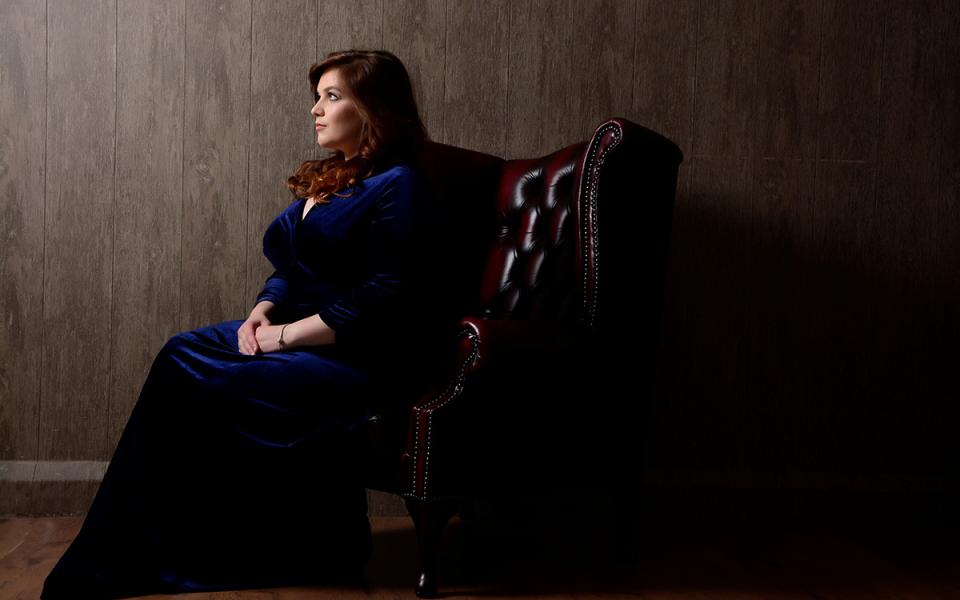Three Choirs Festival 2025: meet Rebecca Hardwick

Howells takes centre stage in this concert. What is it about his music that particularly captivates you?
Hymnus Paradisi is an immensely profound large-scale work. Vocally, this means it is quite an undertaking and requires a lot of stamina, as well as commitment to illuminating the themes of loss and hope through familiar text. I enjoy the flexibility needed to sing with a purity of tone in the more exposed and gentle sections, like “The Lord is my Shepherd”, compared with the volume and drama required to carry over a full orchestra and choir at the climax of the Sanctus. Both are exhilarating! Many people may be familiar with the a capella Requiem, and I find the full orchestration of the opening movement of Hymnus which uses the same music to be particularly captivating.
Have you performed at the Three Choirs Festival before? What are you most looking forward to about this concert?
The Three Choirs Festival has been my favourite festival for as long as I can remember! I went to King’s Worcester (where “Michael” was our school hymn), so the festival is an annual highlight. I was hugely honoured to be invited to sing Dyson’s Quo Vadis at Hereford in 2022. Since then, I’ve also sung Bach’s St John Passion in Gloucester, and opened the festival in Worcester last year in Stanford’s Stabat Mater. I’ve enjoyed learning new pieces specifically for Three Choirs, and this year I’ve learned Coleridge-Taylor’s The Atonement for the following evening. However, Hymnus Paradisi is a piece I know very well (I first sang it with Adrian Partington in Gloucester), and I’m looking forward to performing it at the festival it was written for. I also can’t wait to hear the choir and orchestra!
Howells’s Hymnus Paradisi was first performed at the Three Choirs Festival in 1950. Does it feel significant to be performing this work at the Festival 75 years on, and does this context influence your interpretation?
It is a huge honour to sing the piece 75 years on from its premiere. Howells’s work has been regularly heard in these cathedrals with the organ during Evensong for decades, so it feels significant to bring his music to the concert stage with a full orchestra once again. His musical language resonates with these buildings, and knowing the heritage of the people who have passed through them makes it easy for me to find the appropriate spirit in the moment. That’s what makes this performance of it so special.
Do you have a favourite choral work?
Does Verdi Requiem count?! I learned the iconic chorus parts during my time in the Monteverdi Choir and it’s my favourite piece to perform as a soloist. Otherwise, I love the luscious textures of multipart a capella choral music – like the intricacies of Ligeti’s Drei Phantasien, which has a microcanon similar to his Requiem, or Strauss’s Der Abend, which is richly lyrical with light and colour.
What three things are you listening to at the moment?
- I am a wannabe artist, and listen religiously to the Talk Art podcast hosted by Russell Tovey and Robert Diament. It’s so interesting to hear what kind of art their guests are passionate about, and is often fuel for my own inspiration.
- Having recently finished my performance doctorate about Kurtág’s Kafka Fragments, I’m now exploring the rest of his output and choosing what to learn next. (I’m also preparing Kafka Fragments for my recital at the Wigmore Hall next year, which involves the torture of listening to old rehearsal recordings of myself…)
- I’m still listening to Brat by Charli xcx – I went to see her live at the O2 last year and am obsessed!


